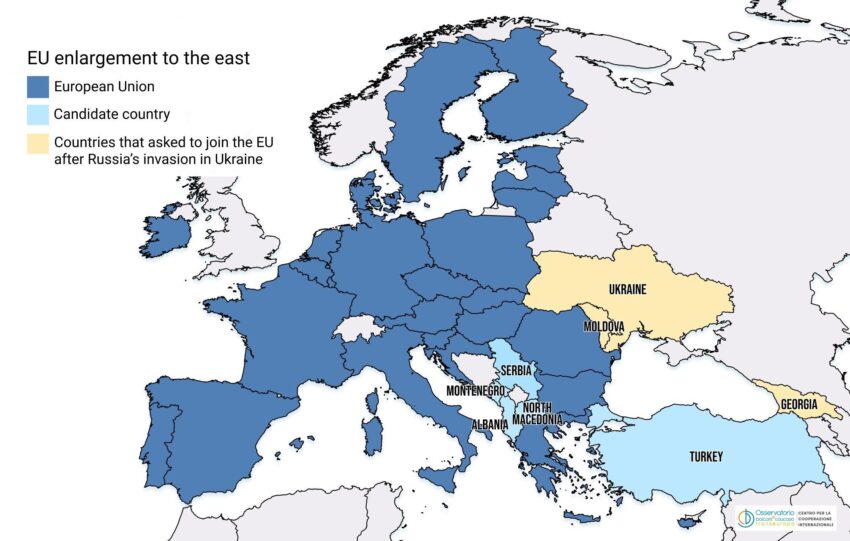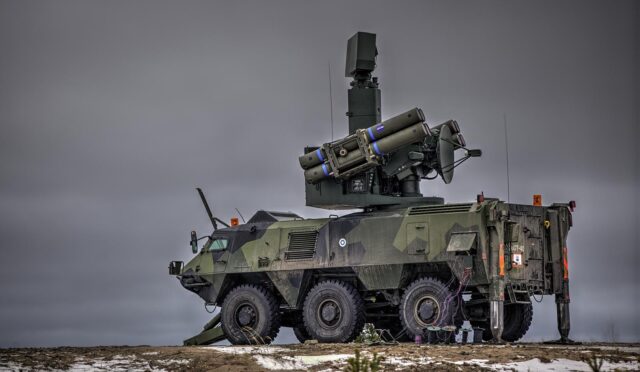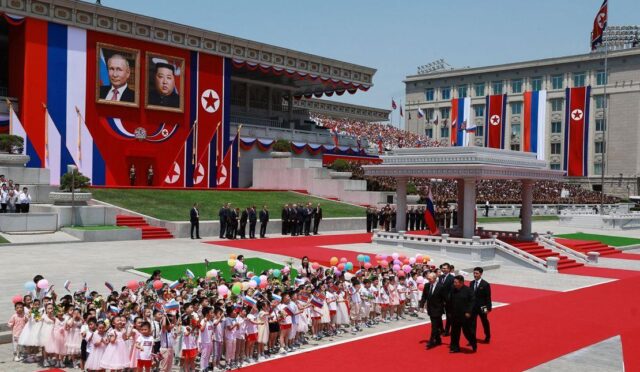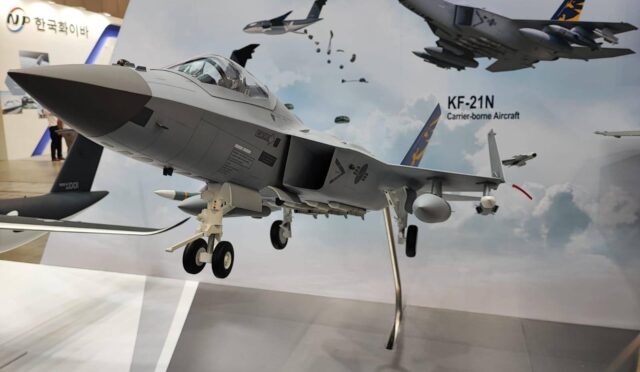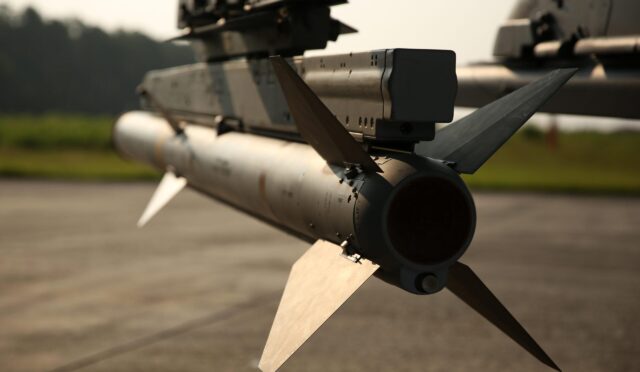EU Enlargement and the Challenge of Frozen Conflicts
In recent months, the European Union (EU) has opened the door to membership for Ukraine, Georgia, and Moldova in response to the ongoing Russian aggression in Ukraine. This strategic move aims to provide these nations with a new perspective that could help stabilize or resolve the so-called “frozen conflicts” in the region, particularly in areas like Abkhazia, South Ossetia, and Transnistria, which are under Russian control.
The situation in these occupied regions is akin to a process of de facto annexation by Russia, raising serious questions about the EU’s ability to influence outcomes and promote peace. To respond effectively, the EU needs a comprehensive policy that not only addresses these territorial disputes but also prevents Russia from undermining the integration processes of the candidate nations.
A Need for Coherent Policy Initiatives
Historically, the EU has faced challenges in developing a unified strategy for dealing with the security and political issues resulting from prolonged conflicts in Eastern Europe. However, the escalation of Russia’s military actions since February 2022 has created an unprecedented opportunity for the EU to engage meaningfully in addressing these regional challenges.
Despite this potential, the bloc has yet to fully harness its capabilities or articulate a coherent response to the threats posed by Russia. Offering membership to Ukraine, Moldova, and Georgia could not only enhance European integration for these countries but also potentially facilitate the resolution of longstanding regional conflicts.
Unpacking Russian Influence
The EU’s recent decisions represent a watershed moment for Ukraine, Georgia, and Moldova, framing their path towards EU membership as a key to resolving existing disputes in their contested regions. The promise of EU membership acts as a catalyst for necessary reforms, fostering stability, and fostering reconciliation within these nations.
Nevertheless, the EU’s current accession framework lacks a robust approach to handle the intricacies of these protracted conflicts. Addressing these issues is crucial if the EU intends to fulfill its commitments to potential new members and stabilize the broader region.
The Reality of Frozen Conflicts
Moscow’s strategy involves asserting control over regions like Abkhazia, South Ossetia, and Transnistria, where it seeks to maintain dominance by exploiting local tensions. Over the past three decades, Russia has adeptly managed to perpetuate these “frozen conflicts” as a means of exerting influence over its neighbors.
The heavy military presence in these areas further illustrates Russia’s readiness to destabilize the region. To counteract its influence, the EU needs to devise a proactive strategy that addresses security concerns while promoting regional stability.
Strategic Recommendations for EU Engagement
To enhance its position, the EU must focus on developing an anti-annexation policy that strengthens the defense and security capabilities of its Eastern partners. Furthermore, the integration process should incorporate mechanisms aimed at conflict resolution, ensuring that future EU engagements address the underlying tensions related to existing conflicts.
Additionally, empowering the European Union Special Representative (EUSR) and the Common Security and Defense Policy (CSDP) to promote conflict resolution can significantly enhance the EU’s effectiveness in monitoring the situation and implementing civilian missions in the area.
Preparing for Complex Accession Scenarios
As the EU continues to navigate these intricate dynamics, it is essential to develop a legally sound and politically cohesive framework for accession. This framework should account for conditions such as ceasefire lines and partial territorial occupations, allowing for a smoother integration process for candidate states.
Considering the ongoing complexities associated with territorial control, the EU must be strategic in its approach to candidate nations, balancing aspirations for membership with pragmatic considerations of the regional security landscape.
Concluding Thoughts on EU and Regional Security
To effectively tackle unresolved conflicts within candidate states, the EU must foster engagement that is both status-neutral and counteractive to Russian influence. The stability and security of the EU’s eastern neighborhood depend significantly on its ability to implement such an initiative.
Ultimately, the EU’s response will not only shape the fate of aspiring members but also be integral to the broader security architecture of the continent in the years to come.
